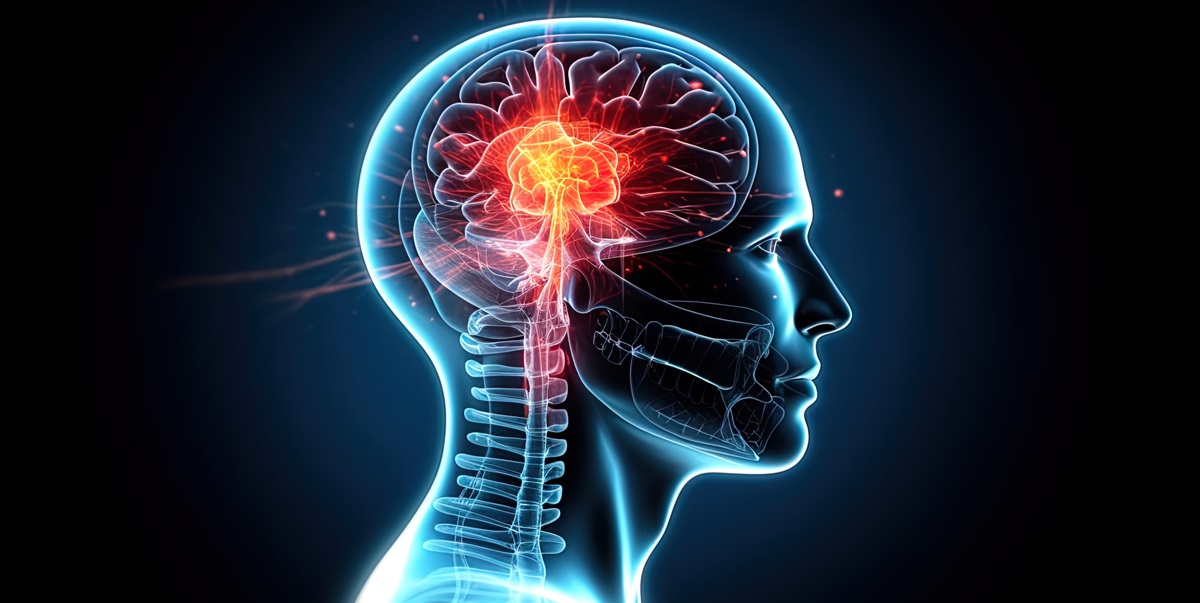Your Brain Ages Dramatically at These Specific Ages.
Others are reading now
Groundbreaking research reveals critical turning points in the aging process of the brain. Continue reading to find out exactly when your brain starts aging faster.
What Does the Research Say?

Researchers from Stony Brook University analyzed brain function in over 19,300 individuals. The results uncovered several critical turning points in brain aging.
First Signs Emerge at Age 44

Around the age of 44, the brain starts showing its first subtle signs of declining function. This marks a crucial period when intervention can still significantly influence outcomes.
Why Does the Brain Age Faster?

Accelerated aging occurs because neurons gradually lose their ability to efficiently absorb energy and start resisting insulin. This restricts the brain’s access to vital glucose.
Also read
A Major Turning Point at Age 67

Around age 67, brain aging accelerates sharply. This is primarily due to increased insulin resistance in neurons, making treatment more challenging.
When Does the Acceleration Slow Down?

Interestingly, the aging process levels off around the age of 90. However, by this point, significant damage has often already occurred.
Can We Do Anything About It?

Researchers believe intervening at these critical turning points could significantly slow brain aging and protect against cognitive diseases like Alzheimer’s.
Ketone Supplements: A Potential Solution

Scientists administered ketone supplements to 101 participants. These supplements improved the brain’s response to insulin, helping brain cells absorb more glucose.
Early Intervention Shows Best Results

The most promising results appeared in individuals aged 40 to 59, highlighting the importance of early treatment for optimal effectiveness.
Identifying People at Risk

According to researchers, neurometabolic markers can help identify people at risk, enabling intervention before significant damage occurs.
Future Implications

This research opens the door to developing more comprehensive treatment programs that could delay or even prevent severe cognitive diseases.








